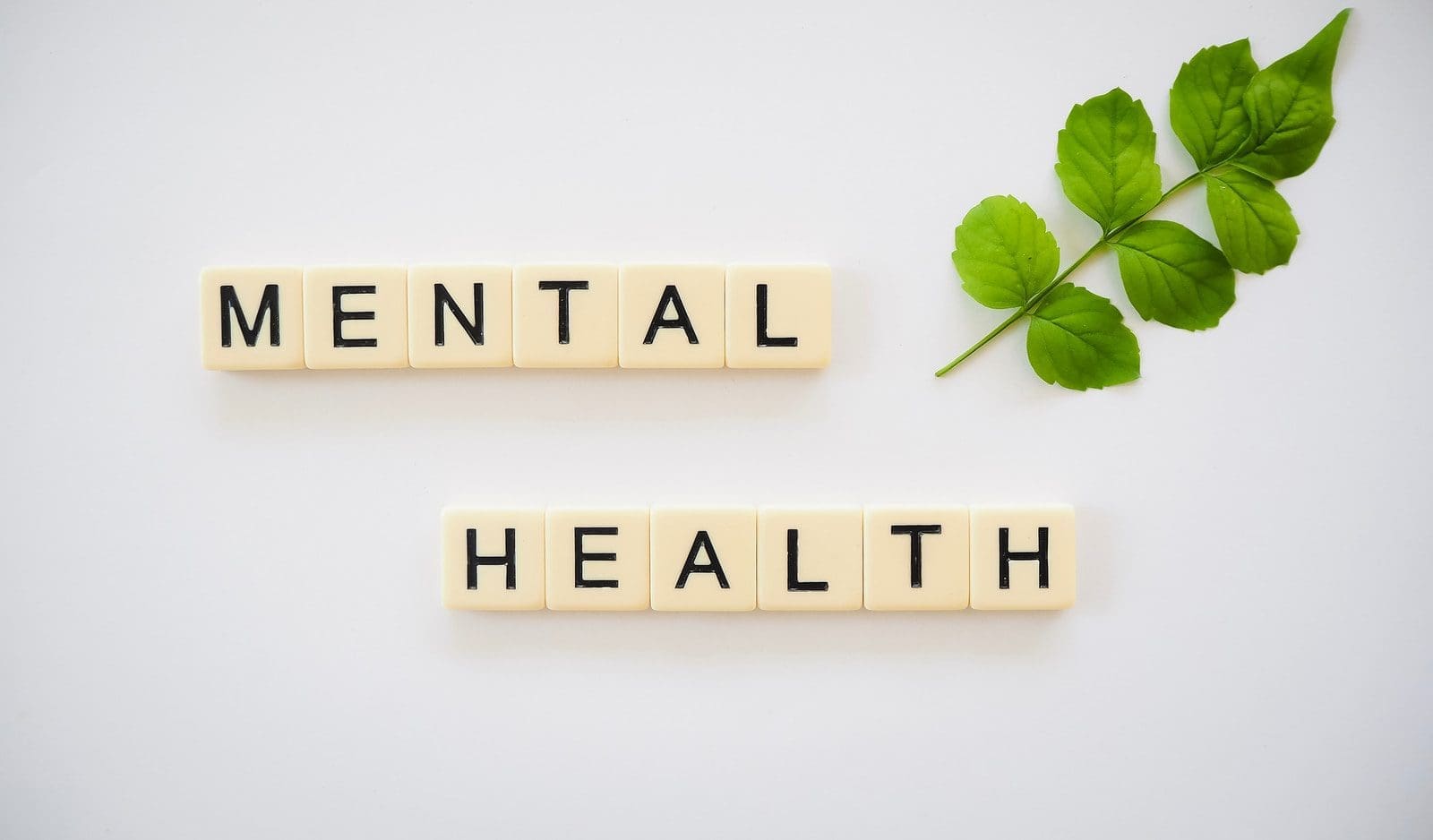

Some signs that deserve immediate attention
- Changes in energy levels and sleep patterns
- Noticeable restlessness and irritability
- Loss of interest or pleasure activities
- Feeling loneliness every now and then
- Feeling hopeless, empty, worthless, and guilty
- Difficulties in concentrating or decision-making
- Increase in anger level, hurting oneself
- A drastic change in appetite, weight, and eating habit
- Frequent thought of death or suicide
Things to do should you show the above signs
- Get an annual mental health screen along with a physical one, especially if you are experiencing frequent anger, frustration, and a sense of hopelessness
- Practice mindfulness at least 2-3 times a week where you try to stay in the moment
- Take time to eat a healthy diet
- Surround yourself with positive people who are supportive
- Speak up and share with family, close friends, and your physician if you notice changes in your mood, motivation and energy levels, sleep patterns, and/or appetite
- Seek professional advice and get help as soon as possible
Some Common Mental Health Issues

- Anxiety: Anxiety causes people to feel frightened, distressed, and uneasy for no apparent reason. Left untreated, these disorders can dramatically reduce productivity and significantly diminish an individual’s quality of life.
- Bipolar Disorder: Bipolar disorder is a mental health disorder characterized by extreme highs and lows in mood and energy. Bipolar disorder (also called manic depression) is a serious medical condition that causes extremes in a person’s mood and behavior.
- Depression Depression is often under-recognized and under-treated in older adults. Current research suggests that depression is caused by a combination of genetic, biological, environmental, and psychological factors. Persistent sadness, anxiety or an “empty” mood, a feeling of hopelessness, pessimism, irritability and feelings of guilt, worthlessness or helplessness are a few symptoms. If you learn to properly address this issue, you will understand how to stop self sabotage.
- Post-Traumatic Stress Disorder If you have gone through a traumatic experience, it is normal to feel a lot of emotions, such as distress, fear, helplessness, guilt, shame, or anger. You may start to feel better after days or weeks, but sometimes these feelings don’t go away. If the symptoms last for more than a month, you may have post-traumatic stress disorder or PTSD.
- Psychosis This is a general term to describe a set of symptoms of mental illnesses that result in strange or bizarre thinking, perceptions (sight, sound), behaviors, and emotions. Psychosis is a brain-based condition that is made better or worse by environmental factors – like drug abuse and stress.
One in four people has a mental illness yet less than half are getting the help they need—mainly because they are afraid others will judge them. In case you or your loved ones are going through any of the above symptoms make a call to your doctor and explain the symptoms. Based on the symptoms your doctor may refer you to a specialist or mental health professional. There is nothing to feel bad or worry about. Take it as positively as you can and remember that it is for your betterment and happy life. Learn to spot the signs of an upcoming mood change, so you can act on it quickly.




Be the first to comment